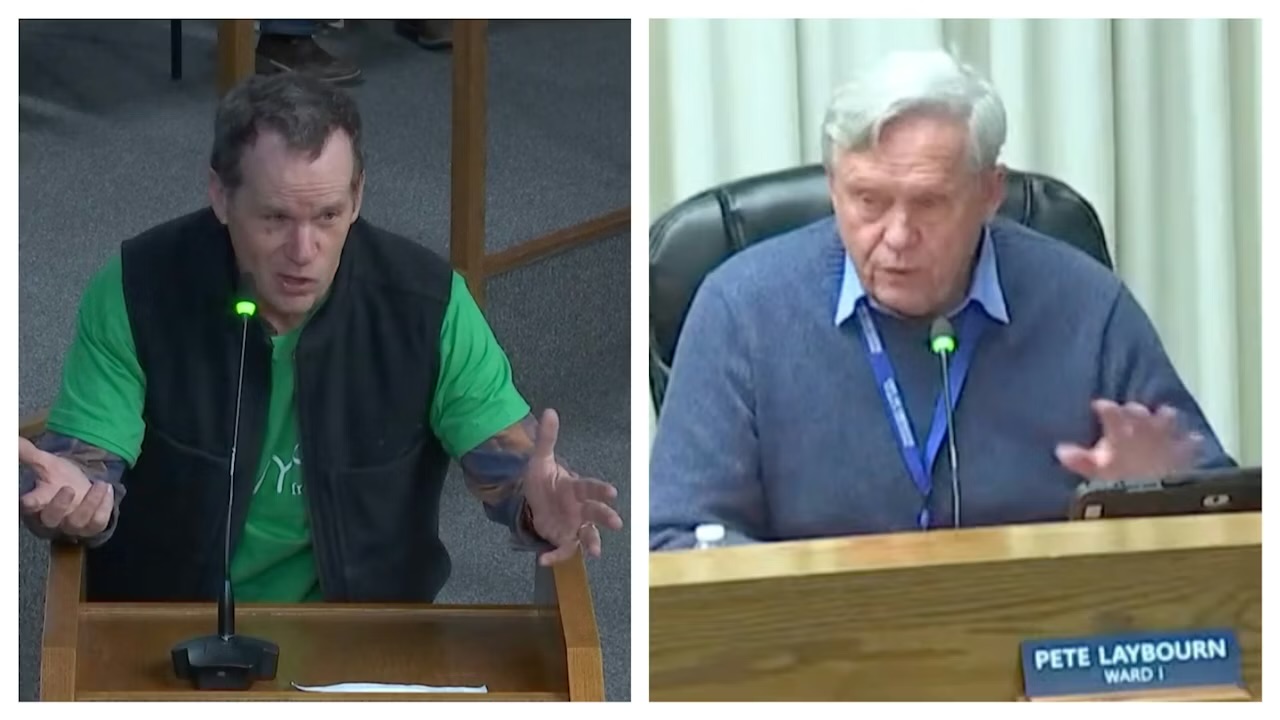The US Supreme Court on Tuesday allowed a ban on transgender individuals serving in the military to take effect, while legal proceedings regarding the policy continue in lower courts, Al Jazeera reports.
The decision came in the form of an unsigned order from the court’s conservative majority, lifting an earlier injunction that had blocked the policy’s enforcement. Justices Sonia Sotomayor, Elena Kagan, and Ketanji Brown Jackson dissented.
The policy, introduced by President Donald Trump during his second term, reverses previous rules that permitted transgender individuals to serve openly. On January 20, Trump signed an executive order recognizing only male and female sexes under federal guidelines and repealed a 2021 directive by then-President Joe Biden that had allowed open transgender military service.
A new directive, issued on January 27, titled “Prioritizing Military Excellence and Readiness,” states that adopting a gender identity different from one’s biological sex is incompatible with the standards expected of military personnel. The policy has become the subject of multiple lawsuits, with plaintiffs arguing that it is unconstitutional and discriminatory.
One case includes seven active-duty service members, a civil rights organization, and an aspiring enlistee who say the policy violates their rights under the Fifth Amendment. The plaintiffs include Navy Commander Emily Shilling, a combat pilot with nearly two decades of service.
The administration has defended the policy as a matter of military standards and readiness. Following the Supreme Court order, White House Press Secretary Karoline Leavitt described the decision as a victory for the administration’s military policies. Defense Secretary Pete Hegseth echoed the administration’s stance.
Lower courts have issued mixed rulings. In March, US District Judge Benjamin Settle of Washington State blocked the policy, stating that the administration had not provided adequate evidence that the restriction was necessary for military effectiveness. A similar injunction was issued by District Judge Ana Reyes in Washington, D.C., in a separate case involving 14 plaintiffs.
Advocacy organizations such as Lambda Legal and the Human Rights Campaign Foundation have criticized the policy and the Supreme Court’s decision to allow it to take effect during ongoing litigation.
Transgender individuals are estimated to make up less than 1% of active-duty US military personnel.










The latest news in your social feeds
Subscribe to our social media platforms to stay tuned